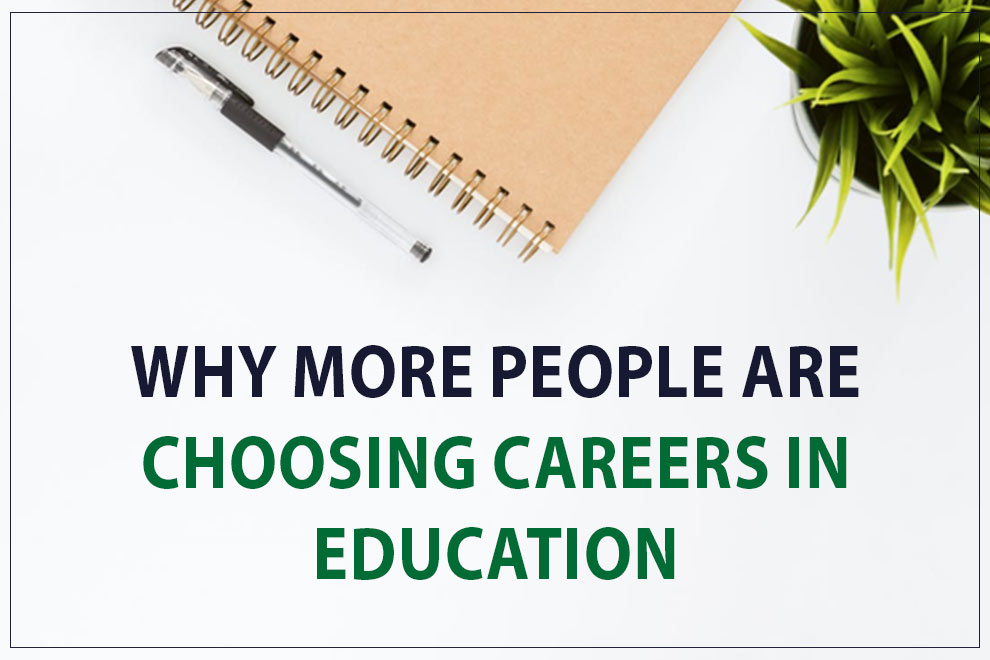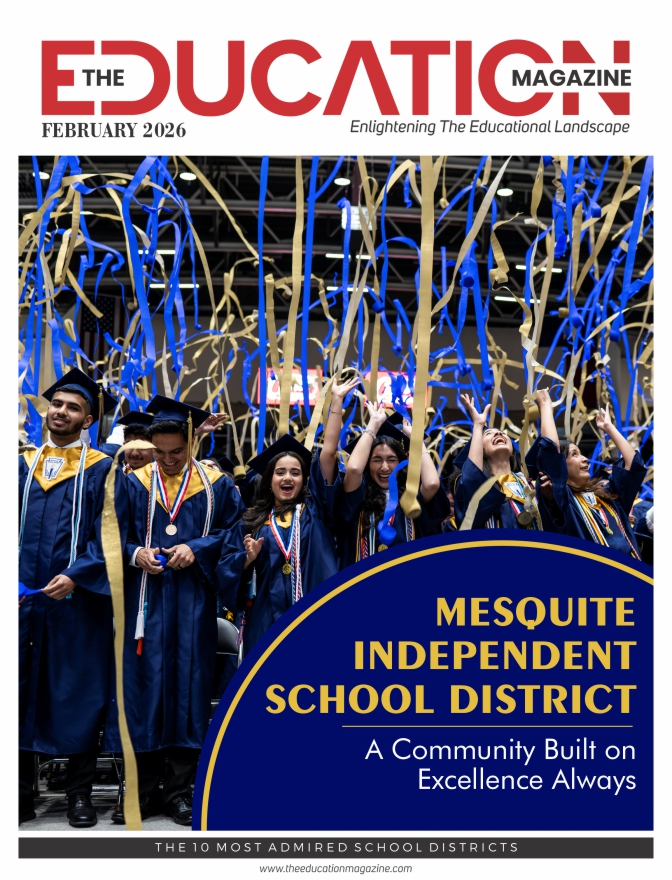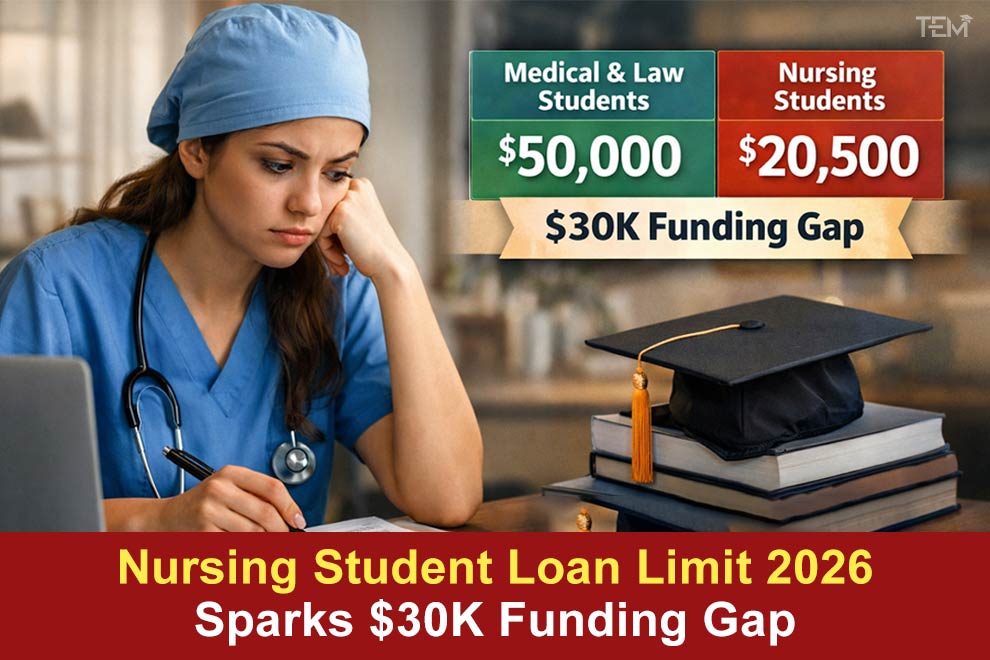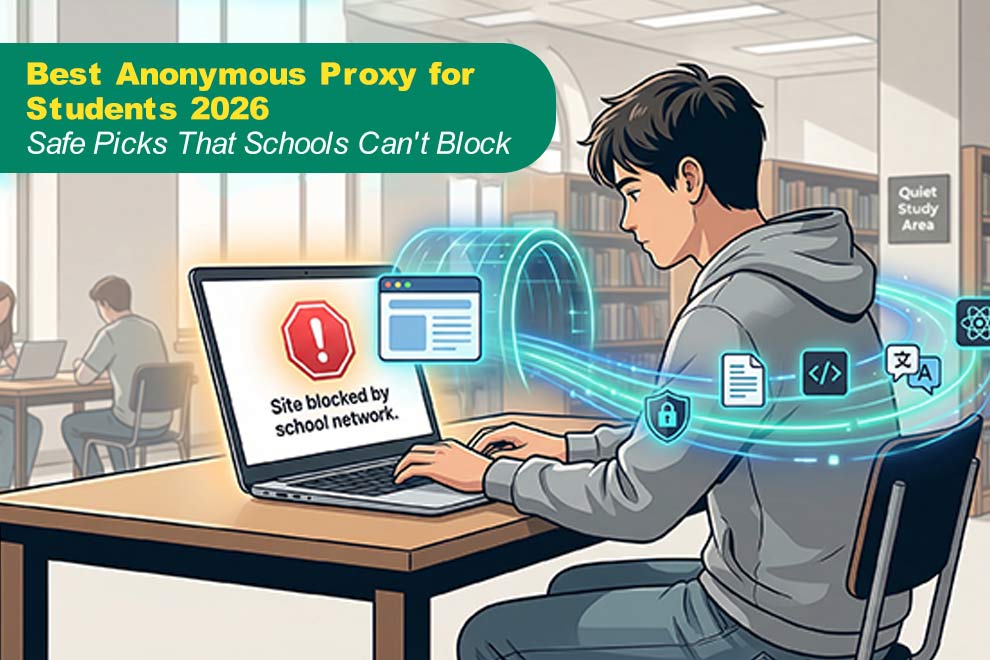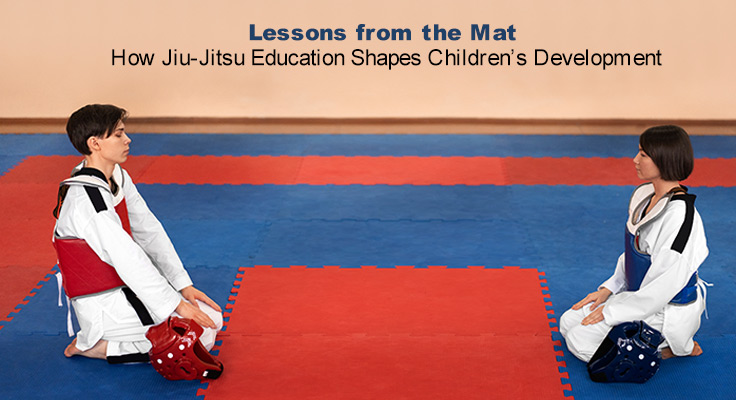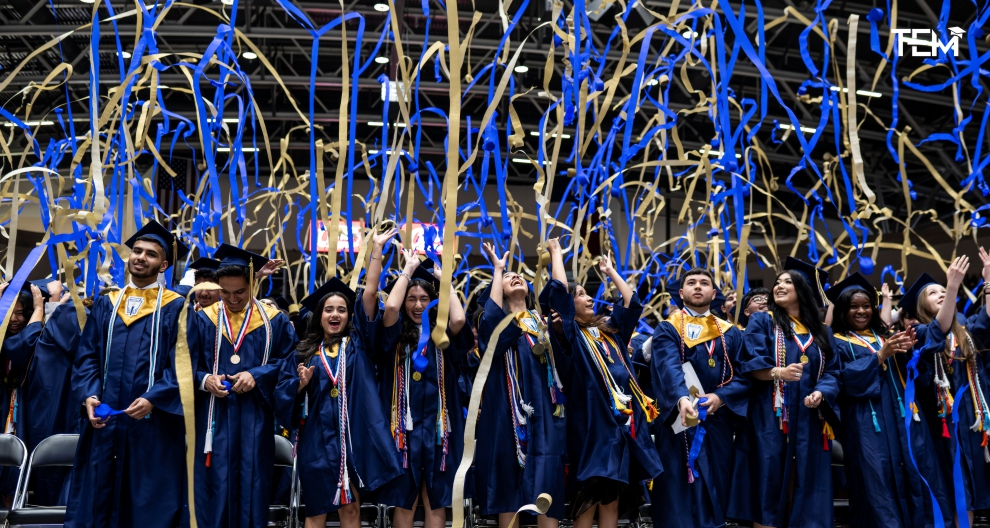Deciding where your kid goes to school is a huge deal, maybe the biggest decision you make for them. Doing that in a place like Las Vegas adds a whole extra layer of complexity. We’re a city of constant motion, and our schools reflect that diversity and energy. You aren’t just looking for a “good” school; you’re hunting for the perfect environment, the place that truly understands your child, respects your family’s values, and sets them up for what’s next.
Think about it this way: you’re not signing a contract; you’re choosing a second home for them, a community where they’ll spend most of their waking hours. Our private school scene here runs the gamut —from old-school college-prep academies to specialized programs focused on art, tech, or faith. Knowing how to sift through all that is your first big challenge.
Forget the Websites, Start with the Kid
Before you spend one minute scrolling through tuition rates or virtual tours, stop. Sit down and really look at your kid. This is the only place to start, seriously. What makes them tick? What subjects do they talk about nonstop? What makes homework feel like a battle every single night? Are they the type who learns best by building something with their hands, or are they happiest curled up with a book? Las Vegas private schools are diverse enough to match almost any learning style, but you need to know yours first.
Think about their vibe, too. Some kids thrive in a loud, bustling environment where they can socialize with hundreds of peers. Others might wilt and just need those smaller classes where the teacher knows their favorite color. Does your child need a ton of structure, or do they do best when given freedom to manage their own time?
And don’t ignore their passions. If your daughter lives and breathes theater, or your son is obsessed with coding, finding a school with a strong program in that area will make all the difference in their overall happiness. School isn’t just a place for tests; it’s a place for developing passions.
Getting the Lay of the Land in Southern Nevada
Our unique city shapes the private school scene here in Vegas. Because we’re so focused on future industries and growth, many schools here prioritize intense college preparation. You’ll definitely see schools boasting about their Advanced Placement (AP) course loads, and many have dedicated counselors who know the admissions process inside and out.
Of course, faith-based schools are a major part of the landscape. If your family is looking for an education that weaves religious instruction and specific values into the daily routine, you have excellent options across various denominations; Catholic, Christian, and Jewish institutions are all well represented.
We also have niche options that are worth hunting down. There are schools hyper focused on the performing arts, schools that are basically tech startups for K through 12, and specialized environments specifically designed to support students with learning differences. Take a drive around different parts of the valley; you’ll notice how the neighborhood often influences the school’s focus. It’s not a one-size-fits-all situation here, and that’s a good thing.
Decoding the Teaching Philosophy
Once you have a few schools in mind, you need to understand how they actually teach. Private schools have the freedom that public schools don’t, which means each institution has a distinct approach.
Are they old school? Some schools stick to a classical model: lots of literature, deep dives into history, and foundational math. Or are they more modern? Others love project-based learning, where kids work together to solve real-world problems, or inquiry-driven exploration, letting the students’ own questions guide the learning.
You have to ask specific, practical questions. What’s the real average class size, not just the school average? How do they handle technology? Can I see a sample syllabus for an eighth grade history class? Seeing the actual work gives you a much better feel for the academic commitment than just reading their mission statement.
And how do they measure success? Do you get a standard A, B, C report card, or do they send home detailed narrative reports? A school that focuses on growth narratives often values effort and development over raw scores, which tells you a lot about its core educational philosophy.
The Vibe Check: Leadership and Faculty
The heart of any great school isn’t the buildings, it’s the people. Strong leadership equals stability. When you meet the administrators, do they seem like they have a clear, calm plan for the school’s future? High turnover in the principal’s office can be a major red flag, often leading to inconsistent programs.
And the teachers? They’re the front line. Ask about their qualifications, sure, but also ask how long they tend to stay at the school. Happy, supported teachers stick around. What kind of training or professional development do they get? You should watch them in action, too. Do they know the kids’ names instantly? Are they actively listening, or just lecturing? A real sense of mutual respect between students and staff is the strongest sign of a healthy school environment.
Seeing Is Believing: The Campus Visit Strategy
You have to get on campus. It’s the only way to truly gauge the atmosphere. Forget the glossy photos; you need to see the place running on a Tuesday morning.
When you’re there, look at the transition times. When one class ends and another begins, are the kids panicked and sprinting, or are they calm and chatting with teachers? When you observe a classroom, what’s the body language like? Engaged students lean in and look eager. Teachers who are into their jobs use names and make direct eye contact.
If they let you, sit in on a class. Five minutes of watching a real lesson is worth ten hours of reading marketing material.
After you leave, don’t just debrief with your spouse. Talk to your child. What did they like? Did anything make them feel nervous or uncomfortable? Their gut reaction is honestly the most important data point you’ll gather.
Support and the “What Ifs”
Everyone likes to hear “small class size,” but that’s just the starting point. You need to know what happens when things aren’t easy. What is the school’s safety net?
This is where you ask the essential “what if” questions. What if my kid is phenomenal at science but needs help catching up in English? Will they allow flexible groupings? Do they have specialists on staff for academic coaching or learning differences? Ask how often the school tracks student progress and how frequently parents are brought into that conversation.
Look for a robust advisory or mentoring system. Schools that make sure every student has one consistent adult advocate who checks in on them tend to catch problems sooner and make sure every kid feels seen and connected.
It’s Not All About Academics
A powerful school experience involves more than just textbooks and tests. You need to explore the entire program. What’s the club scene like? How easy is it for a student to join the soccer team or start a new robotics club? Does the school make participation feel exclusive, or is everyone encouraged to jump in?
How do they treat the arts? Is music, drama, and visual arts integrated into the regular schedule, or are they just after school electives? Even if your kid won’t be a professional artist, these creative outlets are vital for building confidence and developing new ways of thinking.
Don’t forget the big picture experiences, either. Field trips, community service requirements, or international travel opportunities are often the moments that shape a student’s character and give them a real-world perspective.
The Money Talk and Long-Term Value
Let’s be real: private school tuition is a major financial commitment. In Las Vegas, rates vary widely. You have to ask for a full, itemized breakdown. Does the tuition cover books, lunch, uniforms, and mandatory fees, or are those extra? You need to know exactly what you’re paying for.
Don’t shy away from the financial aid conversation. Schools have dedicated staff for this exact reason. Discussing aid early in the process is perfectly normal and wise. Figure out what’s available and how the application process works. Sometimes the slightly more expensive school offers extra services that ultimately justify the price, and sometimes the more affordable option is a better fit for your family’s resources.
Finally, think about the long game. What happens after graduation? For high schools, look closely at their college admissions record. For the younger schools, where do their alumni typically go next? If the school has been around a while, check to see if its graduates come back to volunteer or mentor. That kind of enduring connection is a strong sign of the school’s true impact.
Choosing a private school in Las Vegas is intense, but by focusing on what your child needs and being intentional with your visits and questions, you can cut through the noise. Find that unique combination of culture, support, and academics that makes your child feel excited to walk through the doors every morning. That’s how you know you’ve found the right fit here in Vegas.
Also Read: How Is AI Reshaping SEO for Schools, Colleges, & Institutions?
